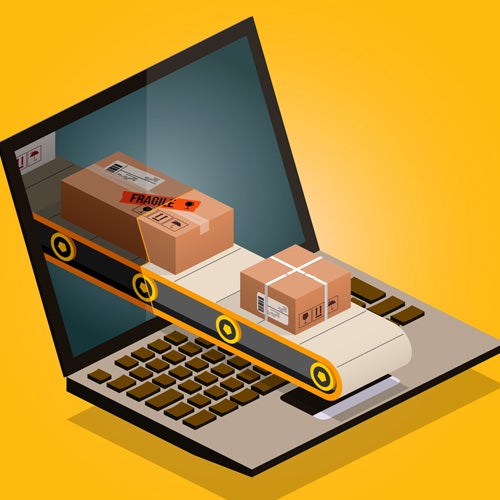Alligators and Custom Chips: How Google Secures Your Data

Digital Storytelling: What Stories to Tell and How
November 4, 2020The Econians: The Ultimate Backstory of Our New Mascots
November 10, 2020If you’re in the mood to swim through the pond surrounding the Google data center at Berkeley County, South Carolina, chances are you might have a not-so-pleasant encounter with an unusual security guard. He doesn’t carry tasers to bring you down but he most definitely has terrifying sets of teeth to maul you.
The pond that was built to cool down the servers houses a 4-foot alligator, which swims around freely in the waters, chomping down fish.
We don’t know whether he grew to be 6 feet long, after which, according to US Government regulations, he will have to be removed elsewhere. As of now, for all intents and purposes, he stills patrols the area.
This isn’t a modern-day urban legend. This is just a happy accident that strengthens the already strong world-class security measures that Google has in place to protect your data. So if you’re a client, you’ll be happy that this alligator somehow found his way there, just to give you added protection.
Google’s data security measures have almost become the stuff of legends. Security features are built into all its products, services, and security, making it a multi-layered aspect. The torchbearer to Google’s commitment to protecting client data is the fact that they provide them the very same infrastructure which they themselves operate upon.
Google’s layered protection extends to hardware, software, and operational processes.
Hardware Security in Multiple Forms
Data centers: Google’s data centers are many, by which we mean that there are really a lot of them. These are monitored 24/7/365 and are tightly controlled by laser-based surveillance and biometric identification. In the event of a fire or any natural disaster, the data can be easily shifted to other data centers in a different location, ensuring that your data is always safe.
Custom hardware: Google designs custom chips and vets vendors rigorously. They go to great lengths too to identify legitimate Google devices to ensure there is no data breach.
Software Security Unrivaled
Encryption: Perhaps the biggest security measure Google applies is at-rest data encryption, which none of its peers are currently providing. Data, while being transferred from device to device, is once again protected by security technologies like HTTPS and Transport Layer Security, ensuring that the data is iron-tight.
Threat detection: Google constantly monitors their applications to detect potential threats like spam, malware, and viruses. They also constantly scan their software for vulnerabilities and conduct external audits to stay top of the game.
Access control: Google enforces strong controls to limit access of other personnel to your data. Even for third parties like customer support vendors, Google conducts an assessment to ensure that they provide you with the appropriate level of security.
Incident management: Google has set up its security incident management program around the industry best practices. They keep testing the response plans regularly as well, so that they are prepared at all times to detect threats and notify clients.
You Shall Not Pass!
And thus guards Google its client data, much like Gandalf facing off the Balrog.
With encryption at all levels, authentication for personnel, and alligators swimming the ponds, there is absolutely no spy, no thief, no malicious hacker that’s going to get to your data.
Impressed yet? Wondering whether you should adopt Google Workspace or Google Cloud Platform to tend to your business needs? We’d say, “Good choice!” We’d also say, “We’re here to help.”
Econz has been helping its clients leverage the wonderful gifts of Google for more than a decade and we’re sure we can support you too. Get in touch with us and we’ll see where the road takes us.


